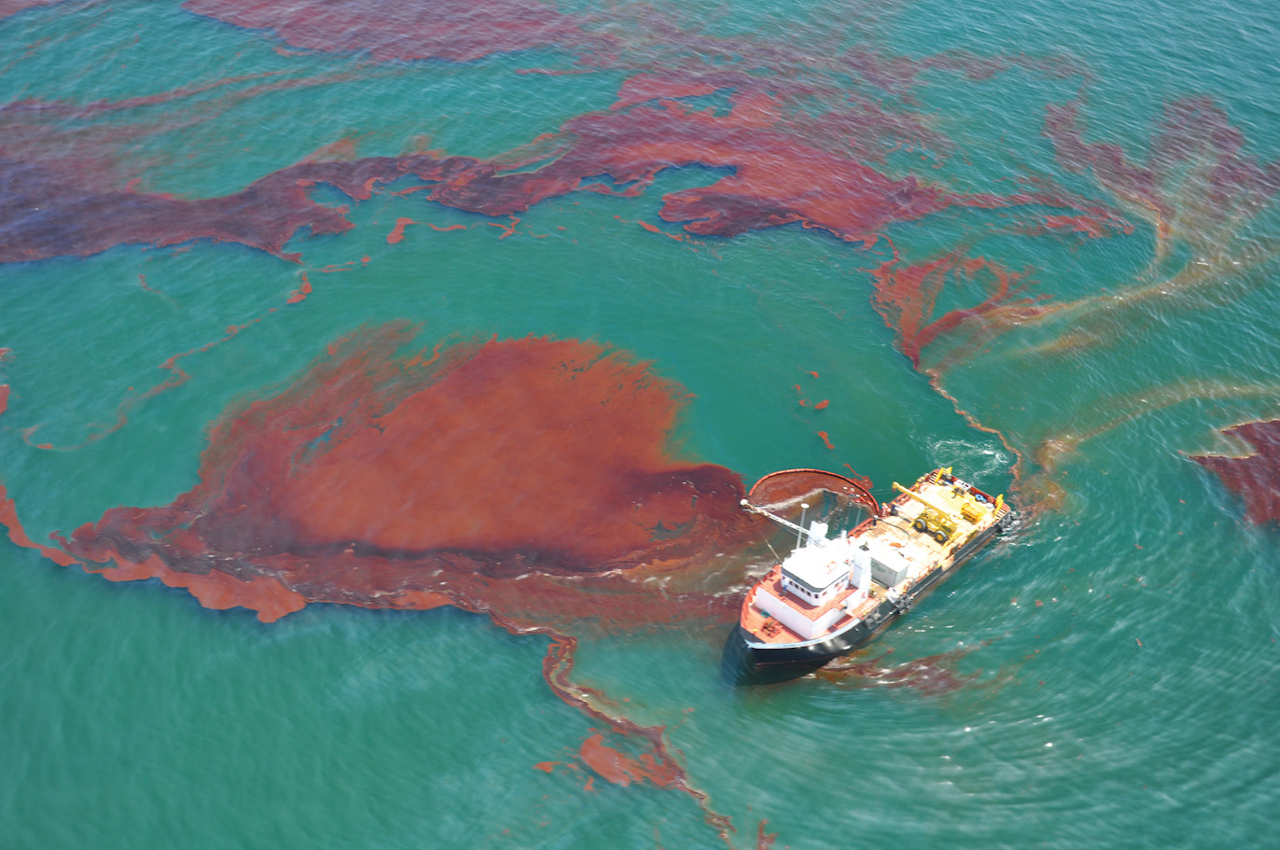A Recipe for Economic Disaster
- Protecting Tourism Revenue: Tourism is the lifeblood of the Bahamian economy. 70% of Bahamians are employed in tourism and fisheries, which contribute $7.8 billion to the economy. A study commissioned for the Louisiana Office of Tourism two months after the 2010 Deepwater Horizon spill found that 26% of people who had previously intended to visit the state had postponed or cancelled their trips.
- Fishing Industry Protection: Oil drilling and seismic testing could lead to declining fish stocks due to direct and indirect harm and habitat degradation, threatening fishermen’s livelihoods and the availability of seafood. The Deepwater Horizon spill caused a loss in fisheries revenue of between $1.6 and $1.9 billion.
- Post-Extraction Legacies: The long-term costs of environmental degradation, pollution, and loss of natural resources outweigh initial financial gains. The infrastructure left behind by oil companies could become liabilities, requiring costly clean-ups and rehabilitating damaged ecosystems.
- Liabilities: An oil spill in The Bahamas could incur huge liabilities by impacting neighbouring jurisdictions. The last oil drill attempted in our waters prompted a strong rebuke from 18 Florida members of US Congress, who warned of the potential for “severe, even catastrophic, impact” on their communities if a spill were to occur. The Bahamas could face liabilities in the hundreds of millions or even billions.
Fostering Renewable Energy: By rejecting oil drilling, The Bahamas can channel investments into renewable energy sources, aligning with global trends toward decarbonization and energy security. Becoming a leader in this effort can attract new investments, bring sustainability-minded travellers to our shores, reduce energy costs, and create jobs.


